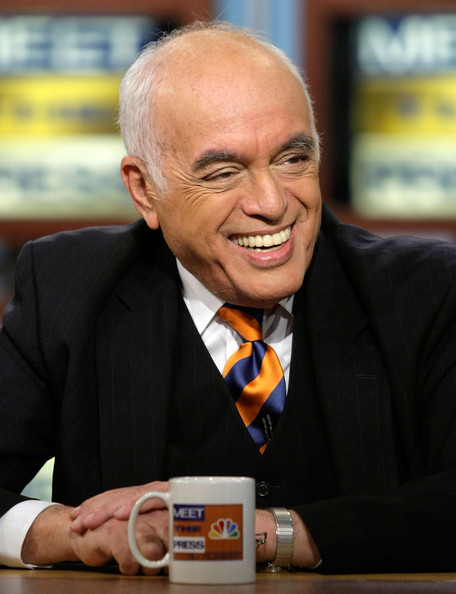Three. Count ’em. Three special elections where congressional Democrats have defeated Republicans in seats previously held by Republicans, the latest in Mississippi.
GOP Minority Leader John Boehner offered reporters, “[T]his is a change election, and if we want Americans to vote for us, we have to convince them that we can fix Washington.”
Republicans are in big trouble. Because no one much believes they even want to fix Washington, much less that they could accomplish the task. Unless Boehner means “fix” in a different sense, as in “the fix is in.”
Years of pork-barrel pig-outs have taken a toll on the public. After losing the majority in ’06, congressional Republicans are poised to lose a lot more seats in ’08.
Not because folks are inspired by congressional Democrats. Not at all. No, the problem is the negatives associated with Republicans, who have discredited themselves.
In Mississippi, the Democratic Congressional Campaign Committee spent $1.8 million on ads blasting the Republican candidate for raising taxes.
To win elections you have to connect with voters. Pledge to do what voters want.
I remember back in 1994, when Republicans took the Congress. They had a Contract with America. They had ideas, actual plans. What were they? Hmmm … Balanced Budget Amendment … Term limits … Spending restraint … political reforms.
Hey! Should we remind the Republicans about this?
This is Common Sense. I’m Paul Jacob.
